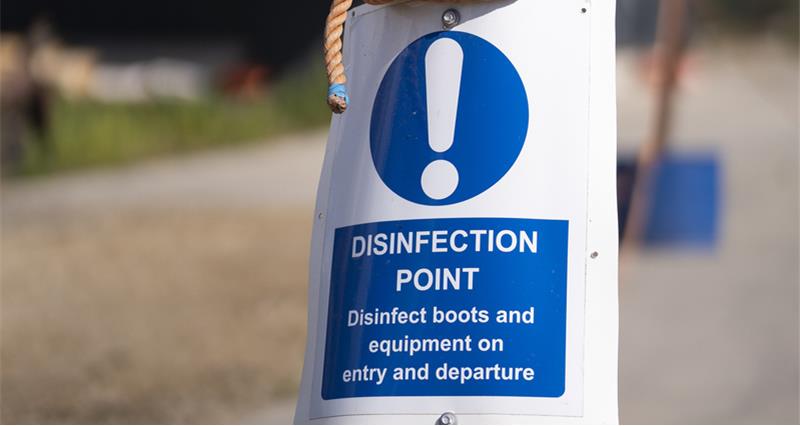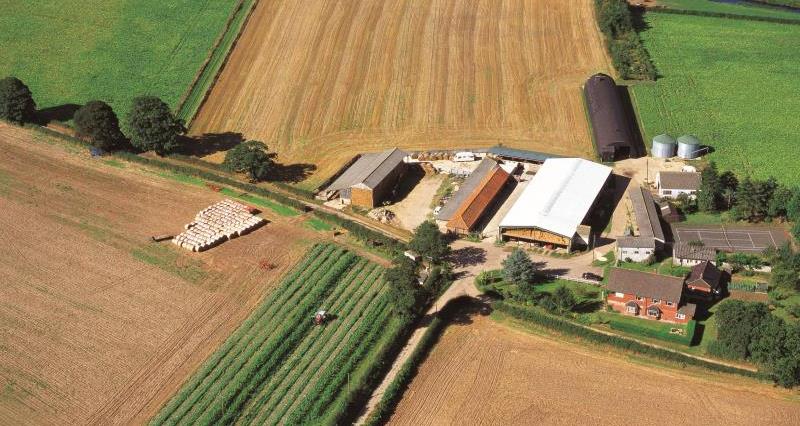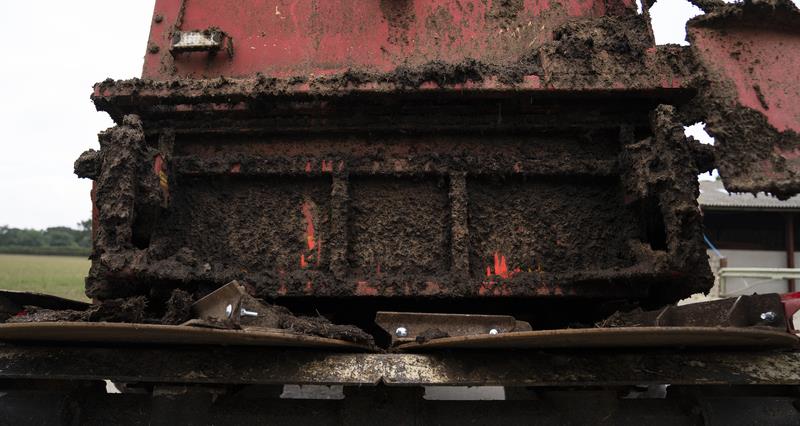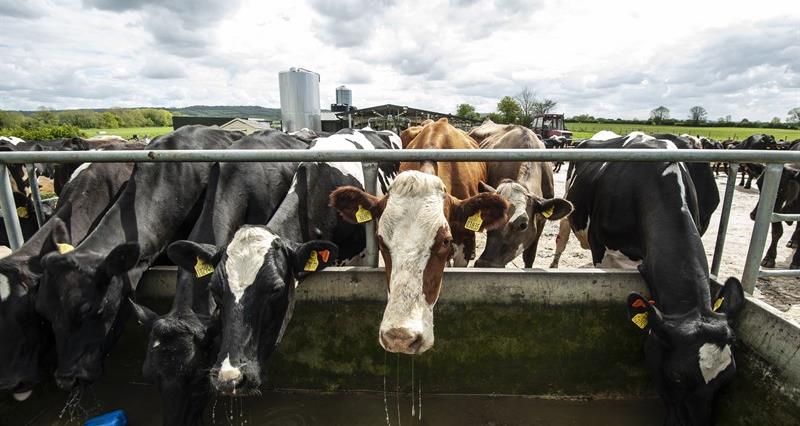The goal of effective biosecurity is to minimise disease spread. This includes diseases entering the farm from outside sources and controlling spread of diseases in the farm.
This happens when steps are put in place to limit exposure to disease agents through separation and cleanliness, while strengthening the host's immunity and creating an optimal environment for healthy living.
Ensuring biosecurity practices are explained to guests prior to arriving and through employee training is key to a successful program.
Everyone has a role in protecting animal and human health on your farm.
�ʼһ���has produced this guidance to help combat the disease challenges currently facing our farms. It focuses on generic biosecurity measures that should be implemented as routine management protocols.
AI (avian influenza) and BTV (bluetongue) are exotic/trans-border diseases actively currently circulating in Great Britain.
But we are also at risk of incursions of FMD (foot and mouth disease), ASF (African swine fever) and EHD (epizootic haemorrhagic disease virus).
There are also the ‘usual’ endemic diseases such as BTB (bovine tuberculosis), BVD (bovine viral diarrhoea) and sheep scab, which can severely impact the productivity and profitability of our farmed livestock.
Some of these diseases are zoonotic (they can infect people) so carry a risk and responsibility to livestock owners to protect their people as well as their livestock.
All of the diseases carry financial and trade risks.
You might also be interested in our articles on:
How farm security can help prevent disease outbreaks
Keeping your farm secure is essential to maintaining biosecurity on your farm. Below are some simple steps that can be taken to protect your herd, employees and yourself.
- Have proper lighting, motion detectors and security cameras for offices and livestock housing.
- Post signs guiding people to where they can and cannot go on your farm.
- Create a map of your facilities to share with authorities in the event something happens (eg theft, vandalism, personal injury, etc).
- Verify the identity of unexpected or unknown visitors to the farm. Do not be afraid to ask for second forms of identification or credentials. Make sure someone is always with the visitor.
- Evaluate any inquiries and information requests received by phone, mail or online. Gather as much information as possible before sharing pertinent information.
- Thoroughly screen all applicants applying to work on your farm, including checking all references.
- If you do encounter any suspicious activity, immediately contact the police.
Your health and wellbeing
Your health and wellbeing matters.
If you are subject to a disease outbreak, it is understandable to feel an increase in stress or anxiety. There are a number of rural charities and support networks that can offer help to those in need.
If you are struggling or know someone who is, know that you are not alone. Our health and safety team have put together a list of available organisations that can support you, both nationally and locally.



















